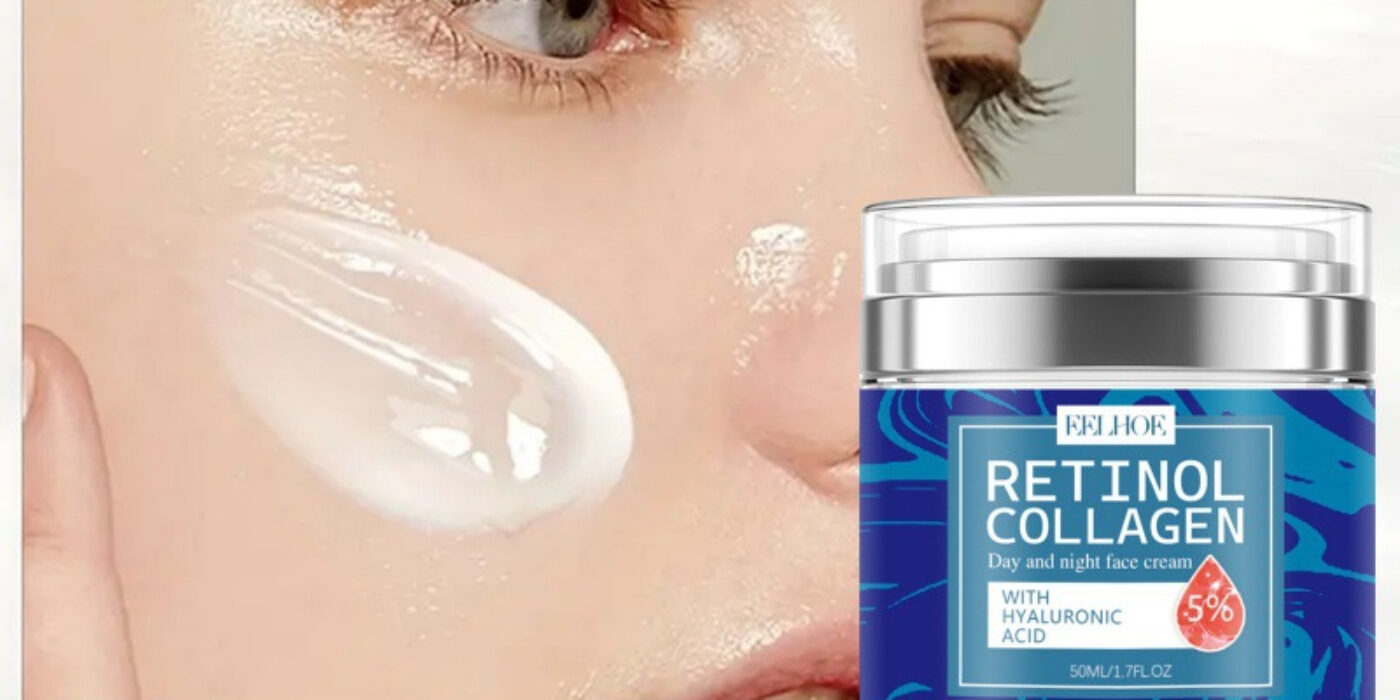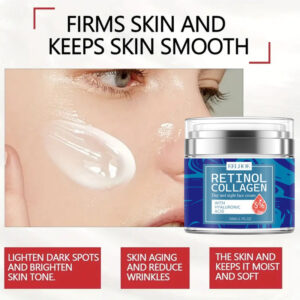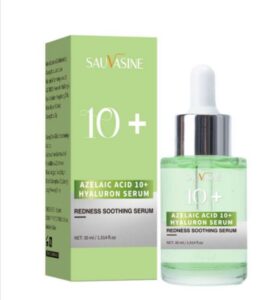Should I use retinol or hyaluronic acid?
Should I Use Retinol or Hyaluronic Acid? Your Complete Guide to Choosing the Right Ingredient
When it comes to anti-aging skincare, two ingredients often stand out: retinol and hyaluronic acid. Both have a huge fan base, and both promise to transform your skin. But here’s the question many women ask: Should I use retinol or hyaluronic acid?
If you’re unsure which one your skin needs, you’re not alone. This guide will break down the benefits, differences, and how to choose the right one for your skin.
Understanding Retinol
Retinol is a derivative of vitamin A. It’s known as one of the most effective anti-aging ingredients available without a prescription. Dermatologists love it because it works deep within the skin to encourage cell turnover.
What retinol does for your skin:
-
Reduces fine lines and wrinkles
-
Improves skin texture
-
Helps fade dark spots and hyperpigmentation
-
Stimulates collagen production
However, retinol can be irritating, especially for sensitive skin. Redness, dryness, and peeling are common in the beginning.
Understanding Hyaluronic Acid
Hyaluronic acid is not an exfoliant or vitamin—it’s a natural sugar found in your skin. Its main job? Hydration. It acts like a sponge, holding up to 1,000 times its weight in water.
What hyaluronic acid does for your skin:
-
Hydrates and plumps
-
Smooths fine lines caused by dryness
-
Improves skin elasticity
-
Works well with almost every other skincare ingredient
Hyaluronic acid is gentle, making it safe for all skin types.
Retinol vs. Hyaluronic Acid: The Key Differences
Retinol works by speeding up cell turnover, pushing out old skin cells and encouraging new ones to form. This improves tone, texture, and firmness.
Hyaluronic acid, on the other hand, doesn’t resurface the skin—it hydrates and keeps skin looking plump and healthy.
In short:
-
Retinol = Anti-aging and skin renewal
-
Hyaluronic Acid = Hydration and plumping
Which One Should You Use?
Your choice depends on your skin’s needs.
Choose Retinol if:
-
You want to target wrinkles, dark spots, or uneven texture
-
You’re okay with a short adjustment period
-
You can use sunscreen daily (retinol increases sun sensitivity)
Choose Hyaluronic Acid if:
-
Your main concern is dryness or dullness
-
You have sensitive skin
-
You want a gentle, daily hydrator
Can You Use Both Together?
Yes—retinol and hyaluronic acid can be skincare best friends. Here’s how:
-
Apply retinol first (after cleansing) at night.
-
Follow with a hyaluronic acid serum to lock in moisture and reduce irritation.
This pairing lets retinol work its magic while hyaluronic acid keeps your skin comfortable.
How to Start Using Them Safely
If you’ve never used retinol, start slow—just 1–2 times a week. Over time, increase frequency as your skin adapts.
Hyaluronic acid, however, can be used twice a day, every day.
Final Thoughts
So, should you use retinol or hyaluronic acid? If you want to fight visible signs of aging like wrinkles and pigmentation, go for retinol. If you want smooth, hydrated, plump skin, hyaluronic acid is your go-to. And if you want the best of both worlds? Use them together—with patience and sunscreen.
Your skin is unique. Listen to it, and you’ll find the right balance.



